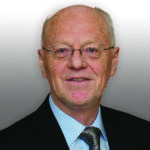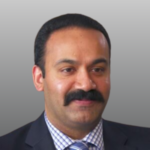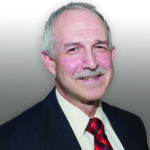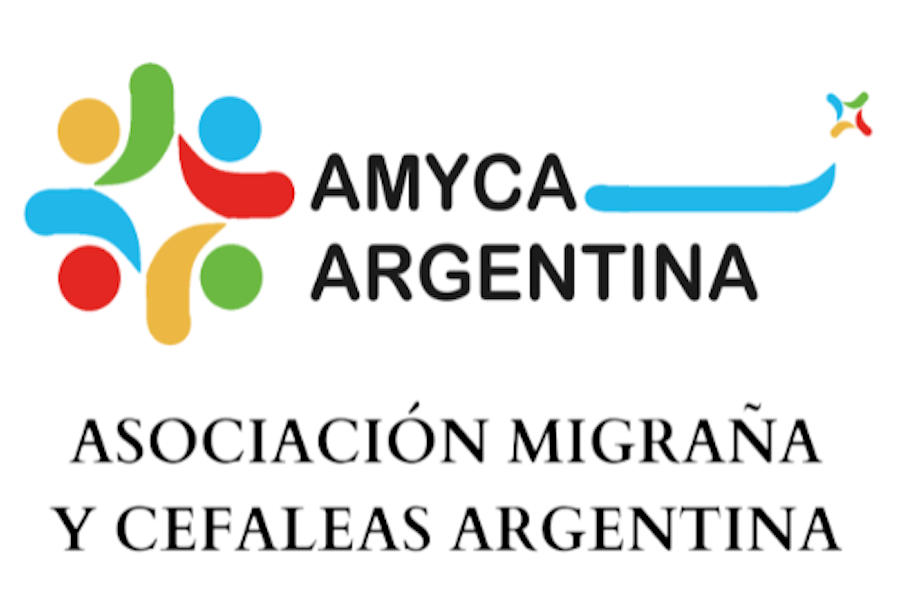Menopause, Perimenopause & Migraine
You are currently watching a preview of this interview. Unlock the full version by upgrading to an Access Pass bundle! Get FREE access to 8 expert interviews from Day 1 and Day 2 when you register today!
Key Questions
- ¿Cuál es la diferencia entre la perimenopausia y la menopausia?
- ¿Qué cambios pueden esperar las mujeres durante la menopausia en sus patrones de migraña?
- ¿Puede la migraña ocurrir por primera vez durante la perimenopausia o la menopausia?
- ¿Cómo cambia un ataque de migraña durante la perimenopausia y la menopausia?
- ¿Cuándo es apropiado que alguien regrese a su médico para reevaluar su plan de tratamiento?
- ¿Qué medicamentos y otras opciones de tratamiento se pueden utilizar durante la perimenopausia o la menopausia?
- ¿Qué cambios en el estilo de vida pueden reducir la frecuencia y gravedad de la migraña durante la perimenopausia y la menopausia?
- ¿Qué tan importante es hacerse análisis hormonales?
- ¿Podría el uso de pastillas anticonceptivas u otros métodos anticonceptivos que reducen la frecuencia de los ciclos menstruales tener un impacto positivo en la migraña?
- ¿Existen predictores de si es probable que alguien experimente una disminución en la frecuencia de los ataques después de la menopausia?
Interview Notes
- Christine Lay, MD
- Women’s College Hospital
- Canadian Headache Society
- American Migraine Foundation
- American Headache Society
- Headache Impact Test (HIT-6)
- Study: “Sex hormones & calcitonin gene-related peptide in women with migraine”
- Study: “The complex relationship between estrogen and migraines: A scoping review”
- Article: “The Traffic Light of Headache”
Treatments Mentioned
- CGRP small-molecule receptor antagonists (gepants)
- Gabapentin
- Hormone replacement therapy (HRT)
- Monophasic birth control
- Neuromodulation therapy
- NSAIDs
- Oral contraceptives
- Triptans
- Venlafaxine (Effexor)
Please note: The Migraine World Summit’s aim is to bring you a variety of perspectives and expertise, independent of bias or judgment. Alternative theories presented in this video have not been medically reviewed. Views expressed in this interview do not necessarily represent the views of the Migraine World Summit. Please always consult your health care professional and do your own research before making changes to your treatment plan.
This is a Spanish translation of an expert interview from the Migraine World Summit 2024. All interviews have been carefully translated and medically reviewed.
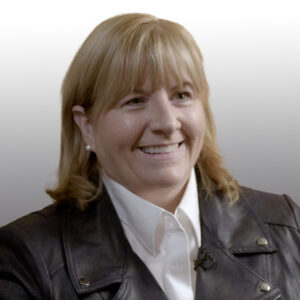
Christine Lay, MD, FAHS
Professor of Neurology, Deborah Ivy Christiani Brill Chair
University of Toronto
Dr. Christine Lay is a professor of neurology and the founding director of the headache program at the University of Toronto, where she holds the Deborah Ivy Christiani Brill chair for neurology research. She completed her residency at the Mayo Clinic and her headache fellowship at Albert Einstein College of Medicine in New York.
In addition to directing and growing the headache program at the University of Toronto and heading a very busy patient practice, she is actively involved in research and teaching. She directs the Canadian Headache Society fellowship program in Toronto; she is actively engaged in advocacy and education, serving as the chair of the American Migraine Foundation; and she is a board member of the American Headache Society and the Canadian Headache Society.
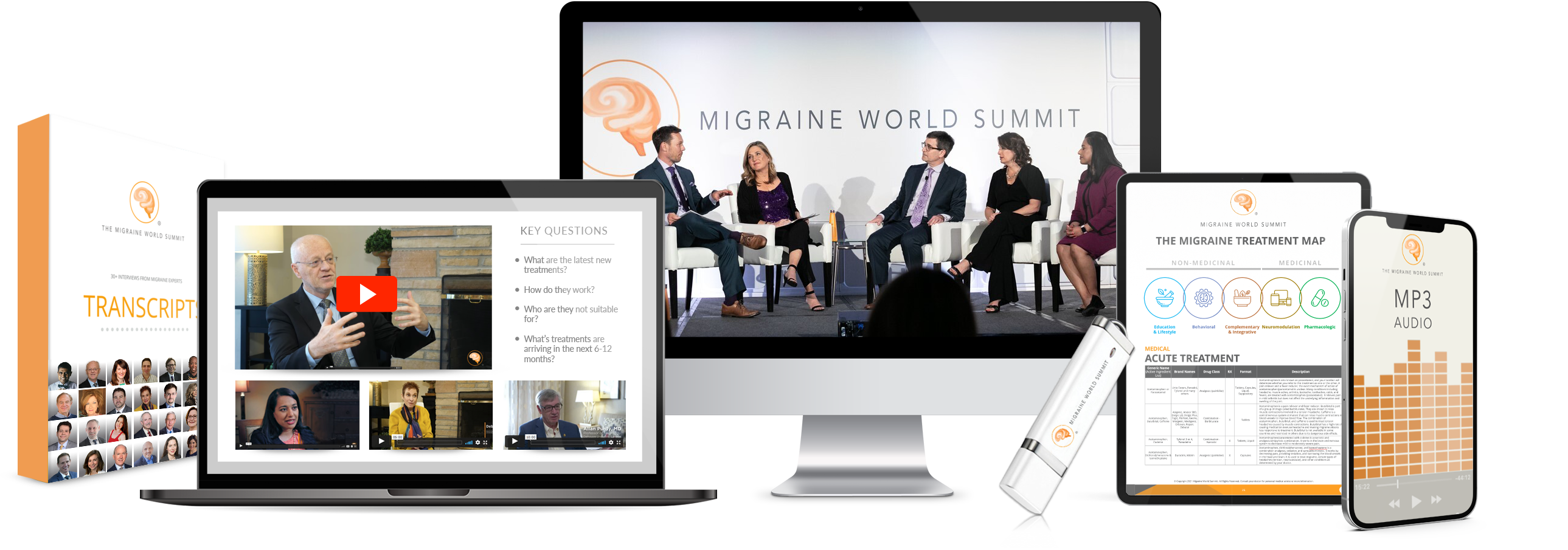
Purchase full access to the entire 2024 Summit. Includes:
- All expert interviews with separate audio (MP3) files & transcripts
- Lifetime on-demand access with no annual fee to 2024 Summit
- Interview Summaries
- Treatment Guidelines
- And much more!
Related Talks for: Day 2 (2024)
Migraine Biochemistry: CGRP & Beyond
Peter Goadsby, MD, PhD, FRS
How Much Is Too Much Excedrin Migraine?
Paul G. Mathew, MD, DNBPAS, FAAN, FAHS
The Gut Factor: Exploring the Role of Digestive Health in Migraine
Vince Martin, MD, AQH
Somos una organización sin fines de lucro que nuclea personas con migraña y otras cefaleas, sus familiares y los profesionales que acompañan a estas personas.
Damos apoyo a las personas que sufren de migraña y cefaleas a través de la educación, el acompañamiento y la promoción en el tema.
Nos comprometemos a apoyar a los pacientes, capacitar a los profesionales de la salud, visibilizar y sensibilizar a la sociedad sobre el impacto de estas condiciones.
¡Juntos le ganamos al dolor de cabeza!

Noticing new symptoms? Struggling with Chronic Migraine? Need hope? Try these Learning Tracks to more to get the most out of your Summit experience.

